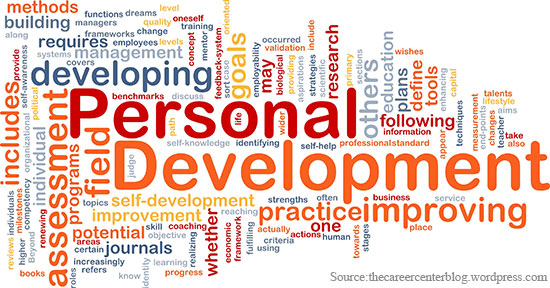Top Tips – Individual Development Plan
Self-improvement is a goal each person shares to some degree. We all want to thrive and improve our own abilities, whether at work or in personal life. While some people might be more driven to seek personal development goals, most of us are trying to better our behaviour each day to some extent.
To understand the real power of personal development, you just need to look at the size of the self-help industry. It is estimated the industry is worth nearly $10 billion! On top of this, its current rate of growth annually is closer to 5%, beating most other economic growth trends.
But the growth of the industry means it can seem difficult to get started. All the countless blogs, books, videos and apps can leave you confused.
To help you out, we’ve gathered the best ideas for personal development. These are great for starting out and finding the right direction. The aim is to ensure you have enough time and resources to commit to these ideas, while juggling with your professional and personal life.

Stop competing and comparing yourself with others
Modern society has taught us to compete, to seek things we most likely don’t even need or value. We feel like we want to stay on top of the trends – to have the newest phones and clothes – without thinking if we value these things. At work, we easily compare other people’s achievements to our own.
But competing with others can harm you. You’ll become more focused on just achieving without thinking what you need and value the most.
Instead of focusing on things you don’t have and stuff that others own, be more focused on appreciating the things you do have. Create a list of goals you want to achieve, the dreams you want to come true and start working towards them.
Set goals for different aspects of your life
To do-lists might seem like a waste of time, but they are perfect for adding more clarity into your life. You should definitely have a beautiful notebook or a diary to set goals and stick with them.
What you should do is outline goals for different aspects of your life. For example, create targets in these categories:
- Work/career development
- Relationships
- Personal development (exercise goals or skill goals, for instance)

You should then set targets under each category. This should be about setting timelines for achieving your goals. For example, divide your goals to:
- Daily tasks
- Weekly tasks
- Monthly tasks
- Long-term task
An example of a development goal in work could be to read a book that gives you more insight into your industry. A relationship goal could be to send a small surprise to your friend every month and remind them about their importance to you, for example.
Conquer your fears by stepping outside the box
Self-development shouldn’t just be about focusing on the aspects in your life you are already doing OK in. Even though we should always seek to improve our skills and characteristics, you shouldn’t put all of your attention to being a better communicator if you are already able to do it well enough.
Instead, it is much more challenging to focus on developing areas where you might have a particular fear. This helps you to step out of your comfort zone and will in turn bring you more confidence and self-belief in all areas of life.
Are you afraid of heights? Conquer your fear on an experience day where you’ll abseil down a building or go for a skydiving lesson.
Perhaps you dread the idea of speaking in public? Head out to your local club for an open microphone night to read your favourite poems or join a debating society.
Challenge yourself by conquering your fears and stepping out of your comfort zones.

Broaden your horizon with knowledge
The more you know about things, the better abled you are to use this knowledge to your advantage. Research has found that people who spend more time reading books are happier.
Before you think you don’t have any time to read, consider the amazing findings of another study. It found reading for just six minutes is enough to cut down your stress by 68%!
So pick a copy of a self-help book or just immerse yourself in a latest study about your favourite subject like science or writing. You’ll learn new things, you’ll reduce your stress and you’ll have a smile on your face afterwards.
